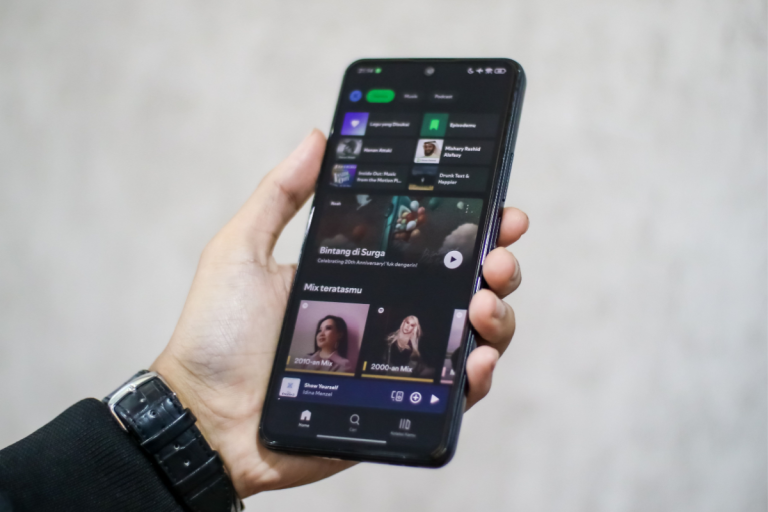Spotify announced on Thursday a major partnership with the world’s leading music companies — Sony Music Group, Universal Music Group (UMG), Warner Music Group, independent licensing agency Merlin, and digital music company Believe — to build what it calls “responsible” artificial intelligence tools for the music industry. The collaboration aims to ensure that technological innovation in AI respects the rights of creators while exploring new ways to enhance music discovery and experience.
The streaming giant said it is making “significant investments in AI research and product development,” including the launch of a new AI research lab and dedicated product team. While no specific AI tools have been confirmed, the company emphasized its commitment to working closely with the music industry to establish ethical standards for the use of artificial intelligence in creative processes.
Building the Future of Music with AI
“AI is the most consequential technology shift since the smartphone, and it’s already reshaping how music is created and experienced,” said Gustav Söderström, Spotify’s co-president. “At Spotify, we want to build this future hand in hand with the music industry, guided by clear principles and deep respect for creators, just as we did in the days of piracy.”
Spotify plans to expand the initiative to include more rightsholders, publishers, and distributors over time. The company already integrates AI across its platform, including an AI DJ and AI Playlist tool — both launched in beta earlier this year — which allow users to generate personalized playlists from written prompts.
Protecting Artists’ Rights in the AI Era
The partnership arrives amid growing concerns about the misuse of AI-generated music. Executives across the entertainment industry have warned that generative AI could infringe on artists’ copyrights or replicate their voices without consent.
UMG CEO Sir Lucian Grainge stated earlier this week that the label “will not license any model” that uses an artist’s voice or reproduces their music without explicit permission. “It is essential that we work with strategic partners such as Spotify to enable Gen AI products within a thriving commercial landscape in which artists, songwriters, fans, music companies and technology companies can all flourish,” he added.
In response, Spotify has intensified efforts to safeguard intellectual property. Over the past year, the platform has removed more than 75 million AI-generated or spam tracks and introduced stricter policies to combat impersonation and deceptive AI use. The controversy surrounding synthetic artists such as The Velvet Sundown — an AI-generated band with over 260,000 monthly listeners — underscored the urgency of these measures.
Ethical Principles and Industry Backlash
Spotify outlined four key principles that will guide its AI development: collaboration with the music industry, artist choice in participation, fair compensation and new revenue opportunities, and strengthening the artist-fan relationship. “Musicians’ rights matter. Copyright is essential,” the company said in its statement. “If the music industry doesn’t lead in this moment, AI-powered innovation will happen elsewhere, without rights, consent, or compensation.”
However, Spotify continues to face backlash following CEO Daniel Ek’s controversial investment in defense technology company Helsing. Several artists, including Massive Attack, Deerhoof, and Godspeed You! Black Emperor, have removed their music from the platform in protest. “We don’t want our success being tied to AI battle tech,” Deerhoof wrote in a statement.
As Spotify deepens its integration of artificial intelligence, its collaboration with major labels represents a pivotal step toward shaping an ethical framework for music and technology. By aligning with industry leaders and prioritizing transparency, Spotify aims to redefine how AI enhances creativity — while ensuring that artists remain at the center of the digital music revolution.


